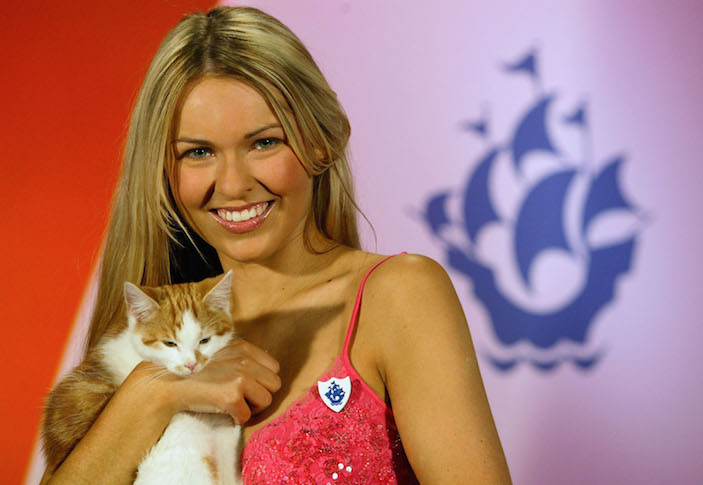When I tell my children about my own childhood, they often express disbelief about how wretched it was. No Xbox? No YouTube? No Snapchat? What on earth did I do with myself? But the thing they cannot get their heads around is that I had only three television channels to choose from. They live in a world in which practically every TV series ever made is available at the click of a mouse —and because they’ve always lived in that world they have no trouble navigating the dizzying array. They binge on certain shows — Merlin, Modern Family, The IT Crowd — and dip in and out of others, but it never feels as if they care that much. It’s more as if they’re selecting background music while they do something else — and they often are doing something else, such as communicating with their friends on their phones.
By contrast, I attach a huge amount of significance to what I watch and I think that’s because of the meagre television diet I had to subsist on as a child. On Fridays after school in 1973, your choice was limited to Record Breakers on BBC One or Lost in Space on ITV and because those were the only two options — BBC Two was given over to the Open University — you could classify people according to which one they preferred. I was a Lost in Space person, obviously, and friendship groups were, in part, based on what your favourite programmes were. I don’t think I had a single friend who watched Blue Peter. If someone admitted to liking Blue Peter it was a sign that they were a goody two-shoes, a country mouse.
Because choices were so limited, the channel controllers were omnipotent. I have no idea who the controller of BBC Two was back then, but that person probably did more to shape my taste than my parents. Seasons of films would be scheduled late at night, particularly around the holidays, with particular themes. I remember a Hitchcock season, a film noir season, a Fred Astaire season. Discovering those movies formed an important part of my education — at least as important as what I learnt at school. It was like an alternative curriculum — the real Open University. My children have all those films and more at their fingertips, but because their choices are unlimited they would never dream of watching them. Their taste doesn’t evolve because they’re not forced to let someone else do the choosing. TV doesn’t get into their souls the way it did into mine because they’re always in control.
In many ways baby-boomers are luckier than millennials in this respect. Television has a meaning for my generation that it doesn’t have for theirs. Their reaction to it is blunt —flattened. But the drawback of being so emotionally invested in what I watch is that I often find myself paralysed by having so many good shows to choose from. What with Netflix, Amazon Prime, iTunes, BBC iPlayer and Sky On Demand, I feel completely overwhelmed. I cannot rely entirely on my own taste because so many of the things I’ve enjoyed the most were chosen by someone else. I miss the guiding hand of the BBC Two controller.
Last weekend, I decided that the Netflix algorithm that recommends programmes based on your viewing history might be the answer. But because my entire family has been using Netflix for the past four years, and watching schlock like Pretty Little Liars and Beverly Hills 90210, I had to figure out how to edit ‘My Activity’. I managed to fillet it down to just those programmes I’d watched – Breaking Bad, Fargo, The OA, among others. But even then the algorithm still made poor recommendations — Arrested Development, for instance, because I’d watched Louis CK. That was far too imprecise. So I started to edit my own history, stripping out everything that wasn’t absolutely top drawer. Out went House of Cards, Narcos and season two of Stranger Things. Would that do the trick?
Actually, it did. Netflix picked Manhunt: Unabomber for me, which is great. But unlike the olden days, when I was forced to eke out such pleasures over a ten-week period, I gobbled it up in three days and now I’m back to agonising about what to watch next. Being a telly addict in your 50s is like being a gourmet imprisoned in Le Manoir aux Quat’Saisons. You’d think it would be fantastic, but I cannot cope with the surfeit of goodies. I want to go back to a time of austerity.







Comments